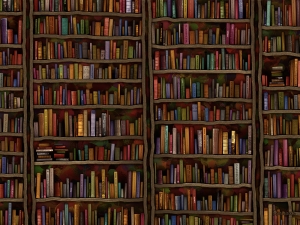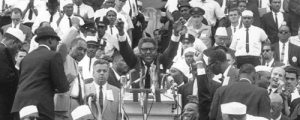What if we were free and the system collapsed but there was not chaos or war because we were free in ourselves and the revolution came slowly, gently like a dance, and what if we were free?
This morning I woke up depressed and hopeless and was identifying with those emotions. And then I had a second of clarity and discovered I was obsessively trying to figure out why I was feeling so depressed. I was racking my brain for reasons, for something that was terribly wrong. But nothing was working so my anxiety was getting higher and higher. When I noticed this, I felt a separation occur in my mind. I felt the physical feeling of being depressed and I felt the chaotic stirring of my brain trying to make sense of the senseless. When this separation occurred the melancholy did not disappear, but a wave of relief did wash over me. And for a moment, I did feel free.
An unexpectedly light-hearted afternoon with a dear friend made me feel caffeinated. Jazzed up. A feeling of possibilities.
Many times this week I have wanted to skip town. I have wanted to escape because the work of healing the mind and the body is treacherous and a voice in my head suggests if I ran away from it all, I could reinvent myself. But I am reinventing myself. It’s just more painful than I could have ever predicted. I know my demons and ghosts would follow me on the bus or train or plane. But isn’t it wonderful to daydream, sometimes, about starting completely over? About a clean slate?
I am finding freedom in hopelessness. I have no idea what I am doing right now except healing. It gets very tiresome. It gets boring. It is my work. Though I often feel I don’t deserve the title, I still strive to be a freedom fighter in the most radical sense of the term. I am in the movement. I am in the peaceful revolution. But I am in my turtle shell for now, allowing my presence to be all that I can offer. Desperately needing that to be enough. What if I let go? What if I release my plans, and my need to succeed and my need to be somebody and my desperate need to be a good person all the time? What if in that separation between my depression and the monkey-mind brain nonsense trying to make sense of the depression—or between a traumatic event and the desperate attempt to find a way that I could have avoided it—what if in those slight chasms a world of freedom is opening. Beyond education and career and success and failure, maybe there is something bigger. Maybe I have been tied in an invisible net for long enough and as it becomes visible I realize I not longer need it. It is no longer protecting me. Perhaps it is time to give myself permission to be free.
© 2015 Lena Sclove












